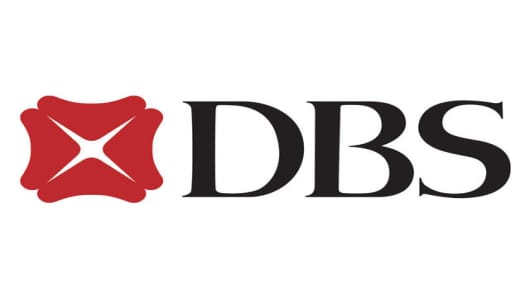DBS Group, Southeast Asia's biggest bank, posted a 38 percent drop in quarterly profit, below expectations, as losses from bad debts quadrupled and it warned the financial crisis has made business challenging.
Singapore banks, which largely escaped the crippling effects of a meltdown in credit markets, are now threatened by Asia's slowing economies and a sharp fall in capital market activity as many of the region's stock markets have lost up to half their value this year.
"The operating environment is increasingly challenging for financial institutions the world over," DBS CEO Richard Stanley said in a statement, adding the bank's strong balance sheet will help it ride out the crisis.
The bank said on Friday it earned S$379 million ($253 million) in July-September, compared with S$610 million a year ago.
Analysts had predicted a net profit of S$475 million, according to the average of five forecasts compiled by Reuters.
The bank took S$319 million impairments on bad debt, including general writedowns of S$129 million to cover losses from risky derivatives.
Its non-asset backed debt portfolio was written down to 25 percent from 6 percent before.
It had already written down 90 percent of its asset-backed securities.
Analysts had expected DBS to take impairments of as much as S$200 million on corporate collateralised debt obligations.
DBS's result came after its smaller local rivals reported below forecast earnings, hurt by writedowns on bad debts.
Singapore's second-ranked lender, United Overseas Bank <UOBH.SI>, posted a 5 percent drop and Oversea-Chinese Banking Corp announced a 13 percent slide in third-quarter profit.
Analysts have warned the end of cheap credit, a downturn in the property market and a slowdown in exports could further increase bad debt charges.
Merrill Lynch expects the non-performing loan (NPL) ratio for local banks to double to 3 percent by 2010 from 1.5 percent now.
"Slowing economic growth and a likely lengthy local property market downturn will start to feed through into more NPLs in 2009," said Merrill's analyst Andrew Maule in a note to clients.
DBS, which is 28 percent owned by Singapore state investor Temasek Holdings [TEM.UL], is also facing pressure from retail investors to compensate them for selling Lehman-linked products that now may be worthless after Lehman Brothers collapsed.
The bank took a S$70 million charge on its operating expenses from compensation to customers for Lehman-linked products.
Strong loan growth was offset by lower interest rate margins due to a drop in Singapore rates.
Lending in the third quarter was up 22 percent from a year earlier, but net interest income rose by only 2 percent to S$1.07 billion in the third quarter from a year earlier.
Bank loan growth is likely to slow.
Credit Suisse warned in a report that Singapore's loan growth could collapse to zero next year.
Net fees and commissions fell 22 percent amid volatile capital markets and the bank suffered trading losses of S$13 million that included unwinding of Lehman-exposed investment products.
This was despite a S$74 million gain in the trading results, helped by an accounting change which allowed reclassification of certain trading assets.
DBS shares dropped 11 percent in the third quarter, less than the 12.2 percent drop in OCBC, but more than the 9.8 percent drop in UOB shares.


